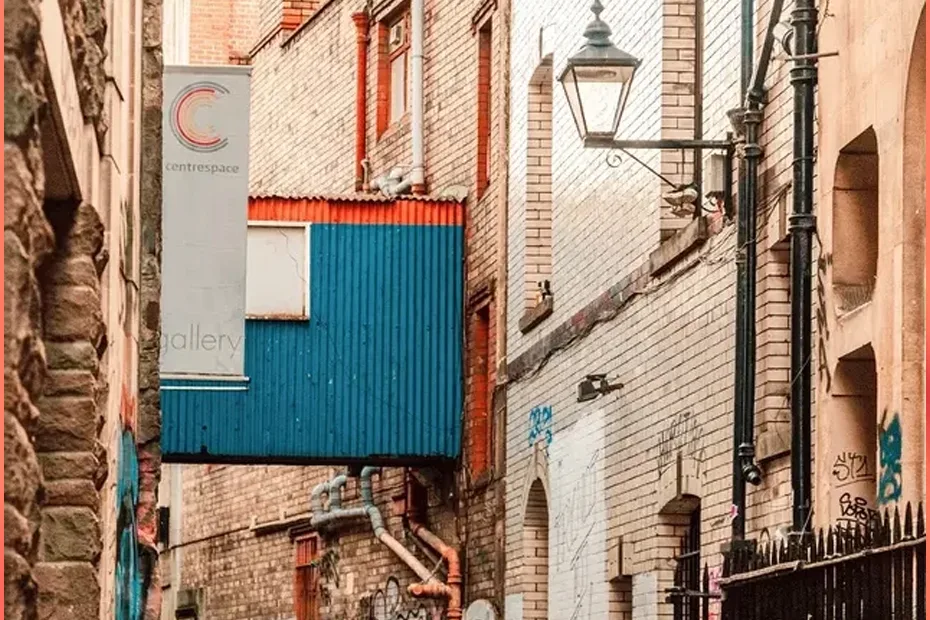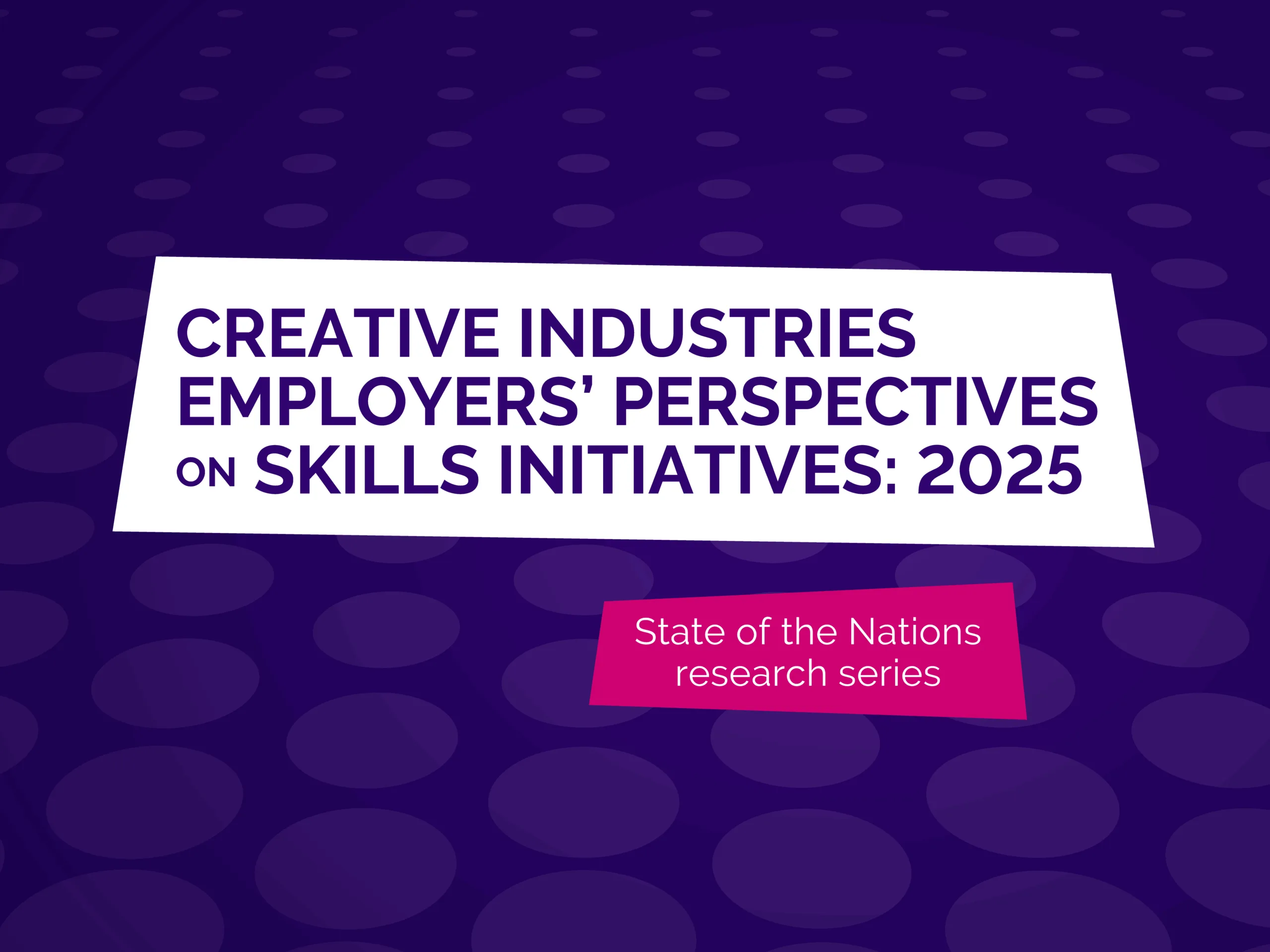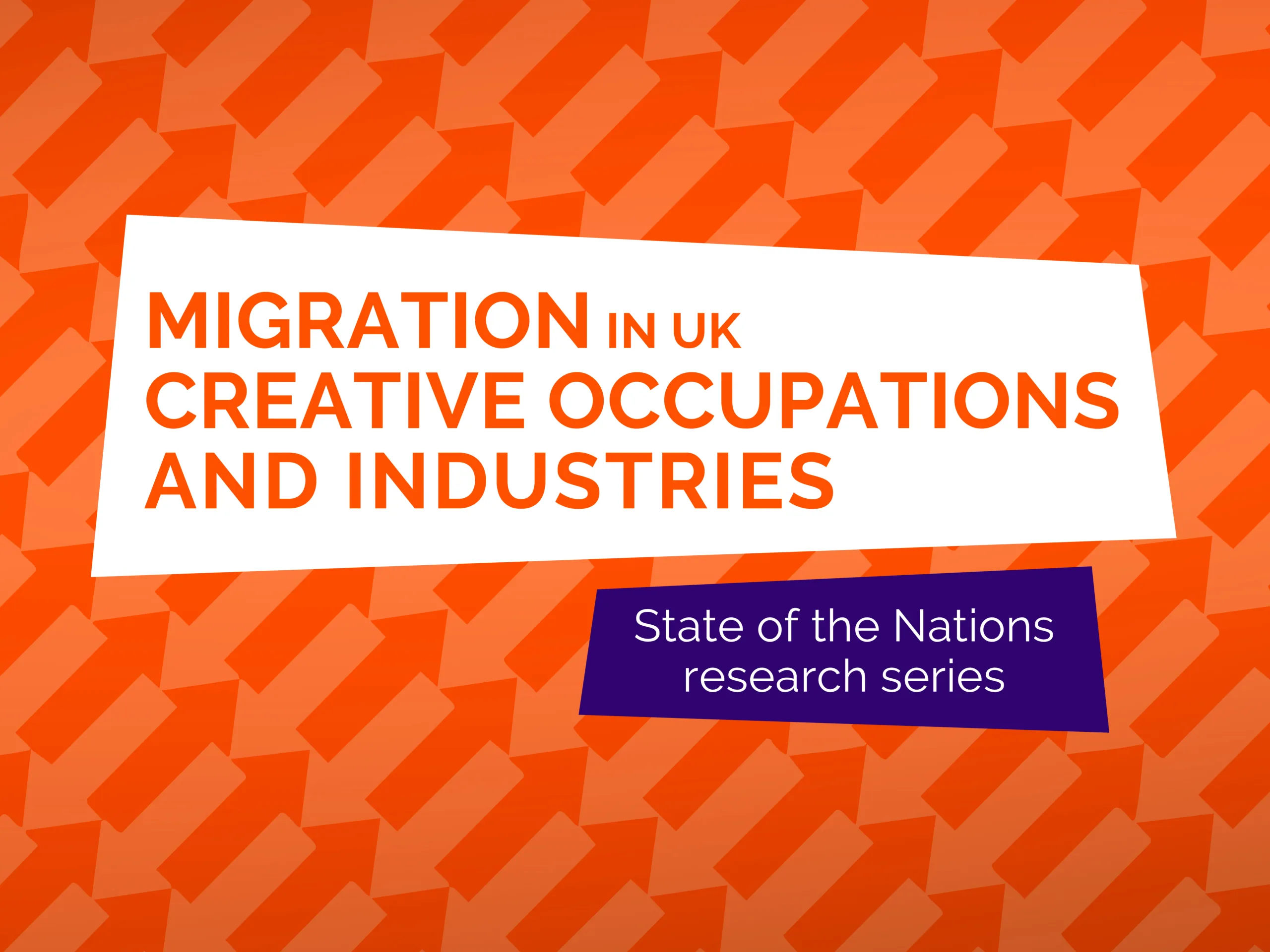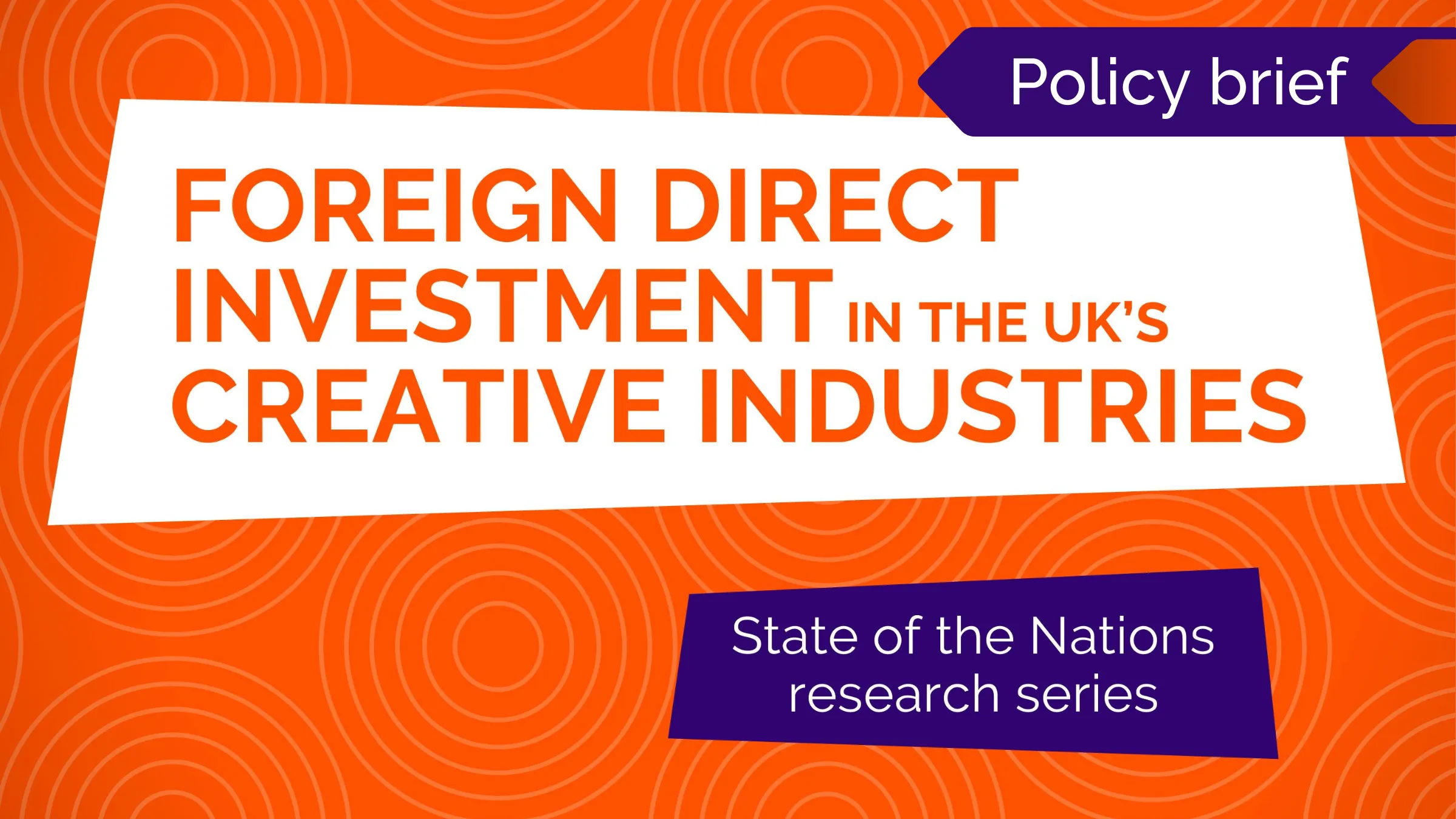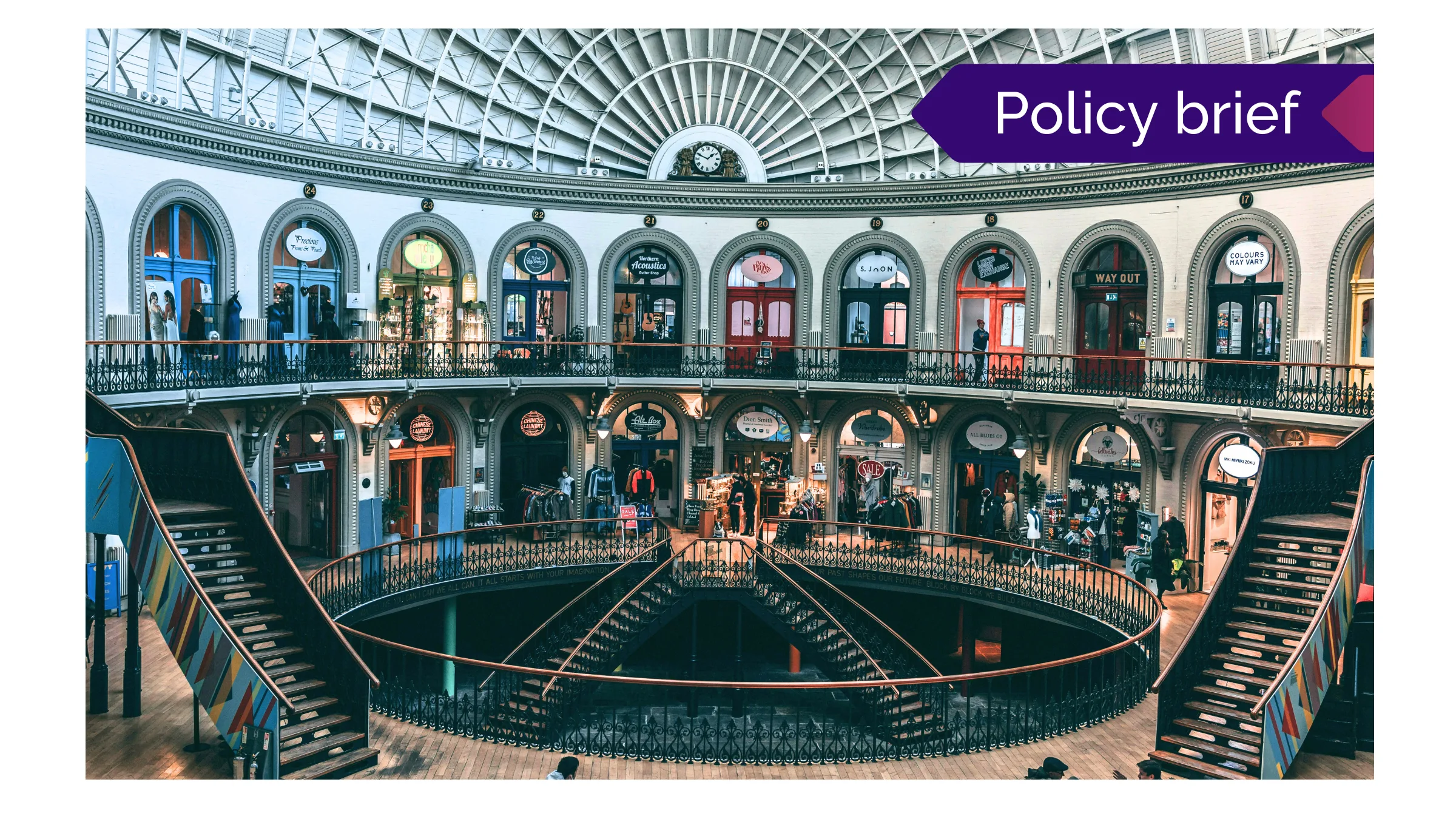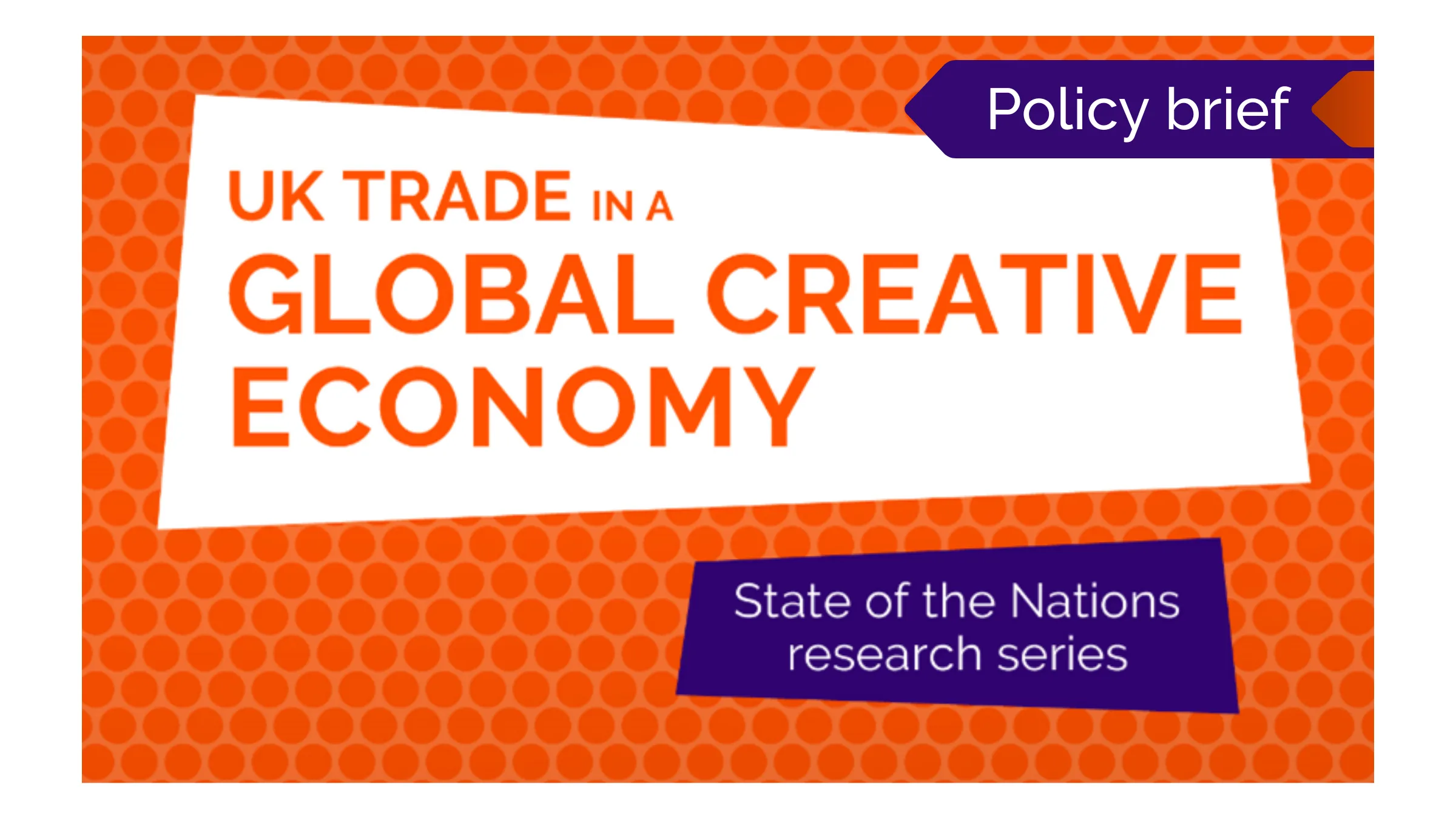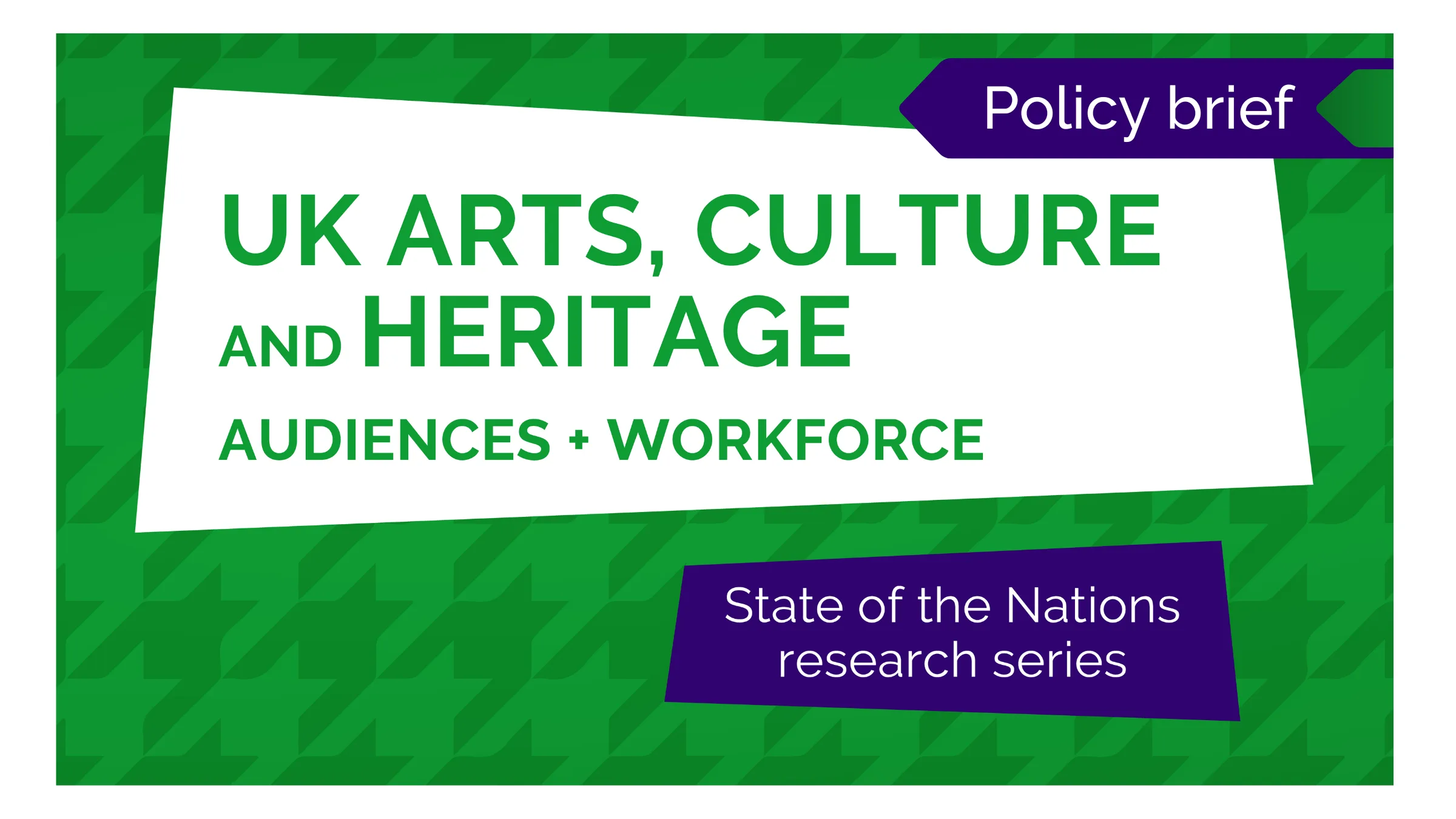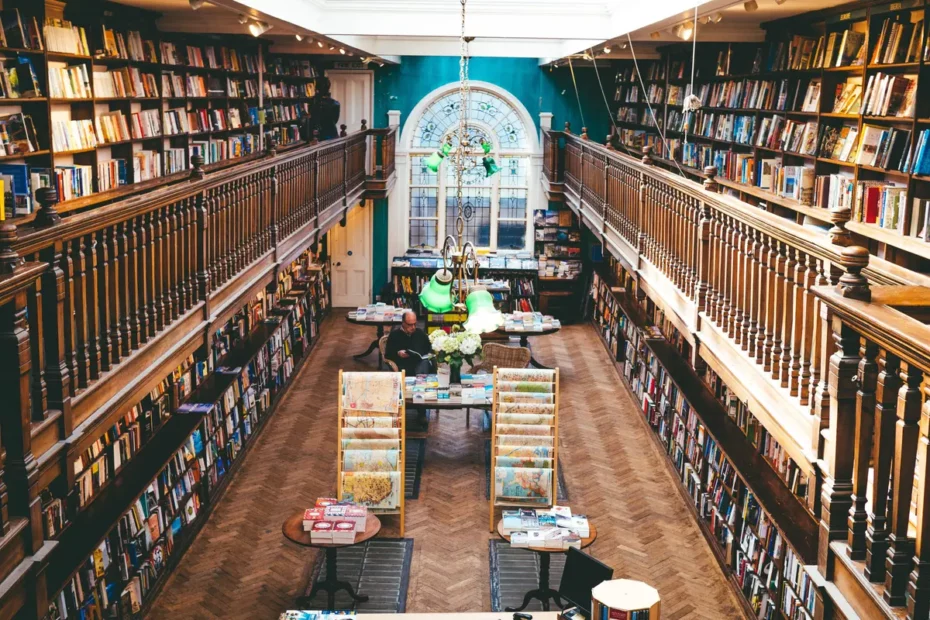New research shows that following the global financial crisis in 2008 we saw an accelerated trend towards a greater concentration of creative businesses in London. This should warn us against repeating mistakes in the aftermath of the COVID-19 crisis and should encourage the government to step in to protect progress made in investing in creative clusters outside of London.
As part of our research agenda around local growth, this policy briefing highlights research from recent papers (The changing spatial distribution of employment in Creative Industry Clusters in England 1991-2018 and Relatedness between the Creative Industries and the wider economy: A primer) and puts forward policy suggestions to help the creative industries to recover from the economic impact of the recent pandemic and subsequent shut down.
The research has been undertaken by Professor Peter Sunley, from the University of Southampton, and Ben Gardiner, from Cambridge Econometrics, for the PEC and Creative England.
Although this research focussed on England due to data availability, its lessons are applicable right across the UK, and as we look to recover from the COVID-19 crisis, this industrial sector clearly deserves the attention of policymakers across nations and regions.
Published 16th June 2020
Photo by Martyna Bober of Leonard Lane in Bristol, England.
Related Policy Briefings
Harnessing the growth potential of createch
This insights paper summarises existing evidence on the present opportunities and challenges in crea…
Policy Brief: Creative Industries Employers’ Perspectives on Skills Initiatives: 2025
Overview The Government’s new Industrial Strategy sets a long-term, sector-focused approach to skill…
Policy Brief: Migration in UK Creative Occupations and Industries
Overview The UK’s creative industries are internationally oriented, a fact that’s reflected in its e…
Policy Brief: Arts, Culture and Heritage: Recent Trends in UK Workforce and Engagement in England
Overview Five years after the Covid-19 pandemic, engagement and employment in the arts, culture and …
Policy Brief: Foreign Direct Investment in the UK’s Creative Industries
Read the Policy Brief based on the most recent State of the Nations Report on FDI.
Policy Brief: Insights from the Northern Creative Corridor Workshops Sprint
The Northern Creative Corridor is an initiative aimed at connecting creative clusters across Norther…
Policy Brief: International Trade and the UK Creative Industries
This policy brief examines international trade in the UK creative industries. Drawing on our UK Trad…
Policy brief: Audiences and Workforce in Arts Culture and Heritage
This policy brief uses census data to provide, for the first time, a comprehensive analysis of audie…
Policy Brief: Transitioning to Sustainable Production across the UK Theatre Sector
This policy brief outlines recommendations for transitioning to more sustainable theatre production …
Authors’ Earnings in the UK
This policy briefing sets out areas for possible policy action, proposed by the researchers at CREAT…
Television production, international trade and pressures to consolidate
The UK television production sector is one of Britain’s leading creative export sectors. This briefi…
Three ways to support growth in the creative industries
Three ways to support growth in the creative industries The Creative Industries are an economic powe…
